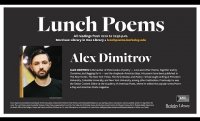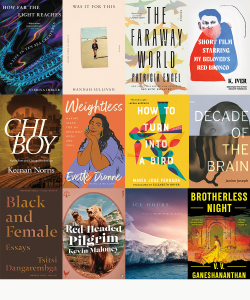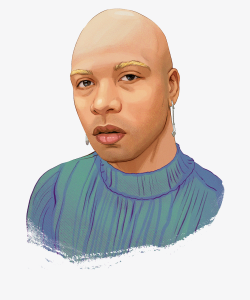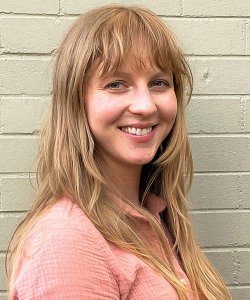The submission deadline for the annual Black Caucus of the American Library Association (BCALA) Literary Awards is coming up! Given for a poetry collection, a first novel, a book of fiction, and a book of nonfiction (including creative nonfiction) by African American writers published in the United States in the current year, these awards honor literary works that depict the “cultural, historical, or sociopolitical aspects of the Black Diaspora.” Winners in the four categories will each receive $1,000. Books published by small, large, and specialty presses are eligible.
Publishers may nominate books published in 2022 by sending one copy of each title to be considered to members of the awards committee by December 31. There is no entry fee. Visit the website for complete guidelines and a list of jurors to whom books should be sent.
Now in its fifty-second year running, BCALA is devoted to advocating for the “development, promotion, and improvement of library services and resources” for the African American community at large and provides professional development for Black librarians. The association’s literary awards, which were first presented in 1994 at the second National Conference of African American Librarians, acknowledge books that “portray some aspect of the African American experience” whether it be from the past, present, or future. Decisions for this year’s awards will be made in January 2023, and the winners will be presented at the American Library Association’s conference in June. Now in its fifty-second year running, BCALA is devoted to advocating for the “development, promotion, and improvement of library services and resources” for the African American community at large and provides professional development for Black librarians. The association’s literary awards, which were first presented in 1994 at the second National Conference of African American Librarians, acknowledge books that “portray some aspect of the African American experience” whether it be from the past, present, or future. Decisions for this year’s awards will be made in January 2023, and the winners will be presented at the American Library Association’s conference in June.













